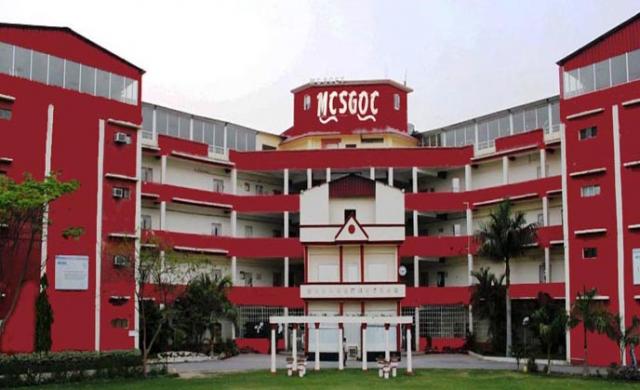PBS Pune Placement Highlights 2025
PBS Pune placement 2025, the highest package offered reached INR 27 LPA, while the average package stood at INR 7 LPA. With a remarkable placement rate of 97%, over 150 reputed recruiters, including Amazon, Capgemini, Flipkart, ZF India, and Directi, participated in the placement drive.
| Particulars | Placment Statistics 2025 |
| Highest Package | INR 27 LPA |
| Average Package | INR 7 LPA |
| Top Recruiters | Amazon, Capgemini, Flipkart, ZF India, Directi |
| Placement Rate | 97% |
| Recruiters | 150+ |
PBS Pune Institutional Placement Framework
PBS employs a multi-phase placement process beginning with pre-placement talks where companies outline role expectations. This transitions into skill-assessment workshops where students receive targeted training in:
- Case-study analysis
- Technical aptitude
- Behavioral interviewing
- Negotiation strategies
Recruiter engagement extends beyond campus drives through initiatives like:
- Industry-academia projects: Live business challenges from partner companies
- Mentorship programs: Senior executives guiding students
- International immersion: Global corporate exposure via study tours
PBS Pune Emerging Sectoral Opportunities
Placement patterns reveal growing traction in three domains:
- Business Analytics: Demand for data interpretation skills in retail and finance
- Supply Chain Management: Post-pandemic logistics optimization needs
Sustainable Operations: ESG-focused roles in manufacturing This diversification beyond traditional finance/marketing roles demonstrates curricular adaptability to market shifts. The inclusion of companies like ZF India (automotive tech) and Directi (digital solutions) highlights cross-sector opportunities.
PBS Pune Career Development Infrastructure
The school's placement success stems from structured institutional support:
- Dedicated corporate relations team fostering year-round recruiter partnerships
- Psychometric profiling for career-aligned skill augmentation
- Digital portfolio labs where students build demonstrable project repositories
- Negotiation clinics for compensation benchmarking guidance
These resources help students articulate their value proposition during recruitment cycles.
PBS Pune Comparative Industry Positioning
While PBS placements show strong outcomes, broader management education trends indicate:
- Rising emphasis on hybrid skill sets (technical + managerial)
- Increased early-career mobility across sectors
- Compensation growth in tech-integrated roles outpacing traditional functions
The school's specialized PGDM tracks in Business Analytics and Operations Management directly address these evolving requirements. Pune Business School's placement ecosystem combines measurable outcomes with strategic skill development frameworks. The consistent recruiter engagement, coupled with adaptive learning modules, positions graduates for dynamic career pathways. As industry demands evolve, PBS's focus on experiential corporate interfaces and specialized training continues to drive its strong employment record.
PBS Pune Placement FAQs
What is the highest package offered at PBS Pune in 2025?
The highest package offered during PBS Pune placements 2025 was INR 27 LPA, showcasing excellent placement opportunities for top-performing students.
What is the average package at PBS Pune?
The average package at PBS Pune stood at INR 7 LPA, reflecting the institute’s strong industry connections and balanced salary outcomes across sectors.
What is the placement rate of PBS Pune?
The placement rate at PBS Pune was 97%, with a majority of students receiving offers from reputed national and multinational companies.
Which companies were the top recruiters at PBS Pune placements 2025?
Leading companies such as Amazon, Capgemini, Flipkart, ZF India, and Directi were among the top recruiters at PBS Pune in 2025.
How many recruiters participated in PBS Pune placements 2025?
Over 150+ recruiters participated in the PBS Pune placement drive 2025, offering diverse roles across domains like analytics, finance, marketing, and operations.









